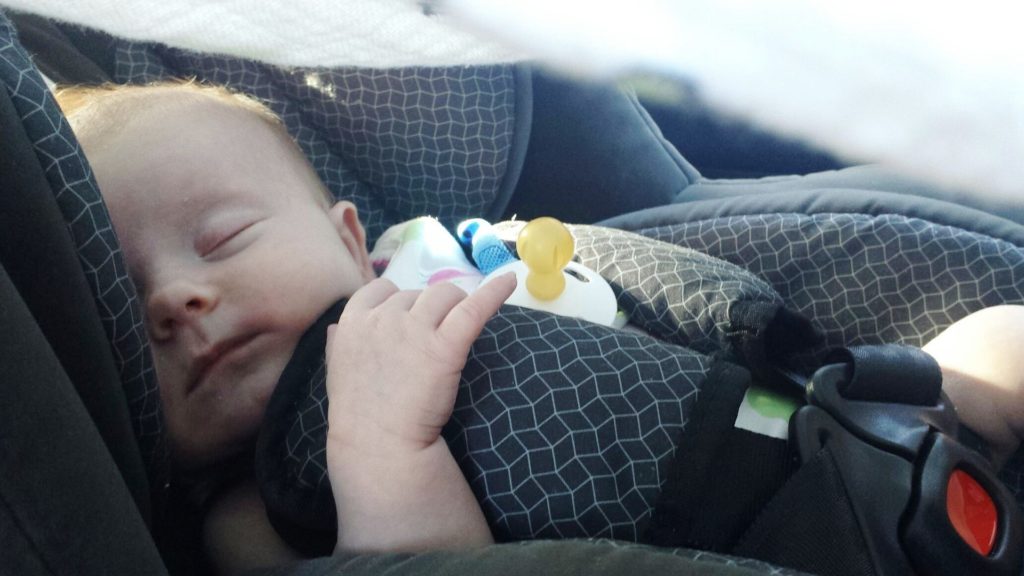
Babies and Safety
An important part of caring for your new baby is providing a safe environment. Babies need to be safe at home and when they’re away from home. There are some simple things you can do to help keep your baby safe and secure.
Most injuries to babies do not occur by chance or by bad luck and are not an act of fate. The majority of injuries are predictable and largely preventable. The term ‘injury’ is now used rather than ‘accident’ because accident implies that the event could not have been prevented.
Injuries are the most common cause of death in children beyond the first year of life and are a major reason for children needing medical attention. Babies are active, curious and often excitable by their very nature. These are all attributes that put them at risk of injury.
As a parent or carer, you can do a lot to prevent injury to your baby.
- Make your baby’s safety a priority. Some of the key areas you must keep in mind are:
- Take your baby home from the hospital in a capsule or other suitable child restraint that faces the back of the car.
- Make sure your baby travels in a child restraint at all times in a vehicle.
- Provide a safe sleeping environment for your baby – this includes taking precautions to reduce the risk of sudden unexpected death in infancy (SUDI), which includes SIDS (sudden infant death syndrome) and fatal sleep accidents.
- Provide a safe environment at home.

It is important that you provide a clean, hygienic environment because newborn babies have very little protection against infection. One of the most important things you can do is to make sure that anyone who handles your baby, including you, has washed their hands first.
Because babies can develop new skills quickly, adults can be caught unaware and injuries may happen. If you understand a child’s development, this will help you plan ahead for safety. In the early months and years, different risks appear at every stage of development and change takes place very rapidly.
To make sure your baby is safe at all times you should:
- Supervise young children whenever they are near the baby.
- Keep animals away from the baby.
- To avoid serious scald burns, do not drink hot drinks when holding your baby.
- When you change your baby, make sure you put them down in a safe place. Remember to keep one hand on the baby at all times.
Babies learn from watching others. In the car, they copy what they see adults doing. Make sure you act safely and do the right thing when you are with babies and young children.
Babies under six months of age must be restrained in a rearward facing child restraint when traveling in the car. The law states that children aged less than seven years old must travel in an approved child restraint or booster seat.
The restraint must be:
- An approved child restraint.
- Suitable for the child’s age and size.
- Properly fitted to the vehicle.
- Adjusted to fit your child’s body correctly.
Always consult your healthcare professional if you have concerns about your baby.
